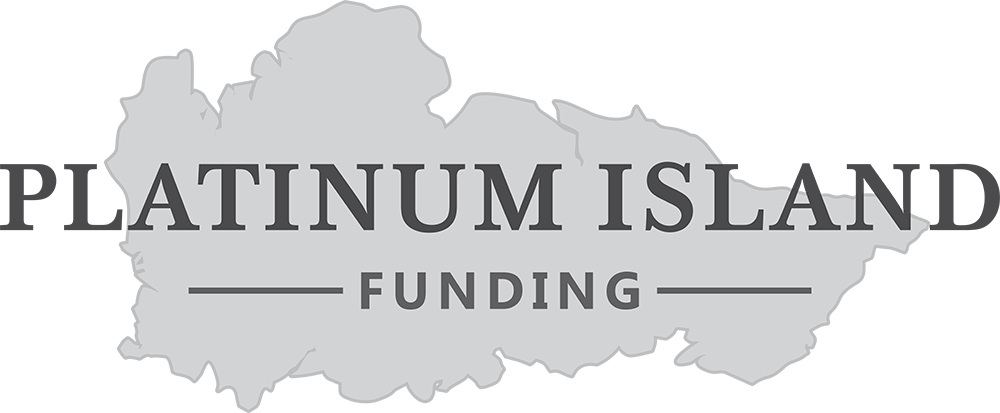In today’s fast-paced business world, managing cash flow is a constant challenge for small business owners. Whether you’re facing seasonal fluctuations in sales, unexpected expenses, or need funds to seize new opportunities, having access to capital can make all the difference. One financing option that many small businesses are turning to is a business line of credit.
A business line of credit offers flexible financing that can help smooth over cash flow gaps, make critical investments, or handle day-to-day expenses. This blog will explore the many business line of credit benefits, how they work, and how they can be a strategic tool for your business’s growth.
What is a Business Line of Credit?
Before we dive into the advantages of a line of credit, let’s start by defining what it is. A business line of credit is a revolving form of financing that allows business owners to borrow funds as needed, up to a predetermined limit. Similar to a credit card, you only pay interest on the amount you borrow, and as you repay the borrowed funds, your credit line is replenished.
Unlike traditional loans, where you receive a lump sum of money, a line of credit for businesses offers ongoing access to funds, making it ideal for short-term financial needs.
Key Benefits of a Business Line of Credit
A business line of credit can be a game-changer for small business owners who need a flexible, low-cost option for managing their cash flow. Let’s break down the key benefits of line of credits:
1. Flexibility in Borrowing and Repayment
One of the primary business line of credit benefits is its flexibility. You have the freedom to borrow as much or as little as you need, up to your credit limit. This means you don’t have to take out a large sum of money that you may not need, which can be a problem with traditional loans.
Additionally, the revolving line of credit structure allows you to repay the borrowed amount and borrow again, which gives you ongoing access to funds.
2. Helps Manage Cash Flow Gaps
Every business experiences cash flow gaps from time to time, whether due to slow-paying customers, seasonal fluctuations, or unexpected expenses. With a small business line of credit, you can cover these gaps without having to disrupt your operations. By accessing the credit when you need it, you can maintain smooth business operations even during challenging times.
3. Easier Access to Funds
Compared to traditional loans, getting approved for a business line of credit is typically faster and less complicated. The application process is more straightforward, and if you have a good credit history and solid financials, the chances of approval are higher. Additionally, once approved, you can access the funds quickly, making it ideal for businesses in need of immediate financing.
4. Lower Interest Rates Than Credit Cards
While interest rates vary based on your lender and creditworthiness, business lines of credit generally come with lower interest rates compared to credit cards. This makes them a more affordable way to access short-term financing. Plus, with a line of credit, you only pay interest on the funds you borrow, not the full credit limit.
5. Build Your Business Credit Score
Using a business line of credit responsibly can help improve your business credit score. Since the credit limit is based on your business’s financials, consistently making payments on time and maintaining low balances can build your business’s creditworthiness. This can lead to better financing options in the future.
6. No Collateral Required
In many cases, a business line of credit for small business owners is unsecured, meaning you don’t need to put up assets like property or equipment as collateral. This makes it a less risky option for businesses that may not have significant assets to pledge.
Explore flexible financing options that keep your cash flow steady and your business moving forward.
Business Line of Credit Uses: How Small Businesses Can Benefit
Small businesses can use a business line of credit for a wide range of purposes, from managing daily expenses to making larger investments. Here are some common business line of credit uses:
- Working Capital: Cover day-to-day expenses, payroll, and inventory costs without worrying about cash flow issues.
- Equipment Purchases: If your business needs new machinery or technology, a business line of credit provides an easy way to finance those purchases.
- Marketing and Expansion: Use the funds to launch new marketing campaigns or expand your business into new locations or markets.
Emergency Expenses: Unexpected expenses can arise, such as equipment breakdowns or unforeseen repairs. A line of credit provides a safety net for these types of emergencies.
Revolving vs. Non-Revolving Lines of Credit: What’s the Difference?
When considering a line of credit for business, you’ll encounter two types: revolving and non-revolving. Understanding the difference between these two options is crucial in determining which one fits your needs.
- Revolving Line of Credit: With this type of credit, once you repay the borrowed amount, your credit limit is replenished, and you can borrow again. It works much like a credit card, offering flexibility and continuous access to funds.
- Non-Revolving Line of Credit: Once the borrowed amount is paid off, you can no longer access those funds. It’s a one-time loan that doesn’t offer the ongoing borrowing ability of a revolving line of credit.
For most small businesses, a revolving line of credit is the better option, as it offers the most flexibility.
Support your daily operations and seize growth opportunities with a reliable business line of credit.
How to Qualify for a Business Line of Credit
While business line of credit qualifications vary from lender to lender, common requirements often include:
- Good Business Credit: Lenders will look at your business’s credit score to assess your eligibility.
- Strong Financials: You’ll need to show that your business has stable revenue and the ability to repay the borrowed funds.
- Time in Business: Lenders generally prefer businesses that have been operating for at least six months to a year.
Personal Credit Score: In some cases, especially for smaller businesses, the business owner’s personal credit score may be a factor in approval.
Conclusion: Is a Business Line of Credit Right for Your Small Business?
A business line of credit offers small business owners a flexible and affordable way to manage cash flow, invest in growth opportunities, and tackle unexpected expenses. With its low interest rates, quick access to funds, and revolving nature, it can be an essential tool for businesses looking to scale without the burden of traditional loans.
If you’re evaluating financing options for your small business, consider the business line of credit benefits and how this option could support your goals. Whether you need working capital, want to invest in new equipment, or need a financial cushion for emergencies, a business line of credit for small businesses can provide the flexibility and control you need.
Ready to unlock smarter funding for your small business? Let’s find the right solution together.
FAQs About Business Lines of Credit
What is the difference between a business line of credit and a business loan?
A business loan provides a lump sum of money that you repay with interest over time. A business line of credit, on the other hand, gives you access to funds as needed and offers flexibility in borrowing and repayment.
Can I use a business line of credit for personal expenses?
No, business lines of credit are intended for business purposes only. Using the funds for personal expenses could violate the terms of your credit agreement.
How long does it take to get approved for a business line of credit?
Approval times can vary, but typically, you can receive approval within a few days to a week, depending on the lender and your business’s financial profile.
Is a business line of credit secured or unsecured?
Many business lines of credit are unsecured, meaning you don’t need to provide collateral. However, some lenders may offer secured lines of credit, which may have lower interest rates.


